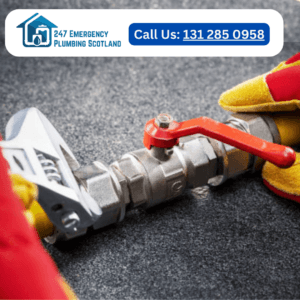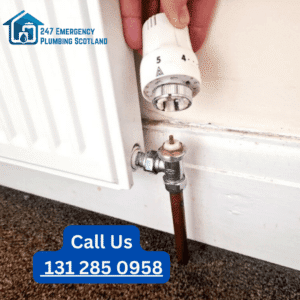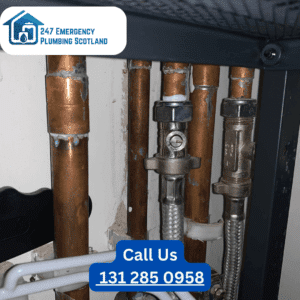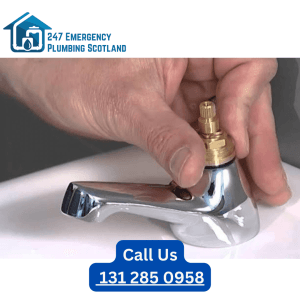Our Prices
House drains play a crucial role in ensuring wastewater is efficiently carried away from your home to the main sewer or septic system. Proper maintenance and a clear understanding of how house drain work can prevent potential plumbing issues and costly repairs. In this article, we’ll discuss what house drains are, common problems, maintenance tips, and when to seek professional help.
What is a house drain?
A house drain refers to the main pipe that collects wastewater from various sources in your home, including sinks, showers, and toilets. It directs the water to the main sewer line or septic tank. Keeping your house drain in good condition is vital for maintaining overall plumbing efficiency.
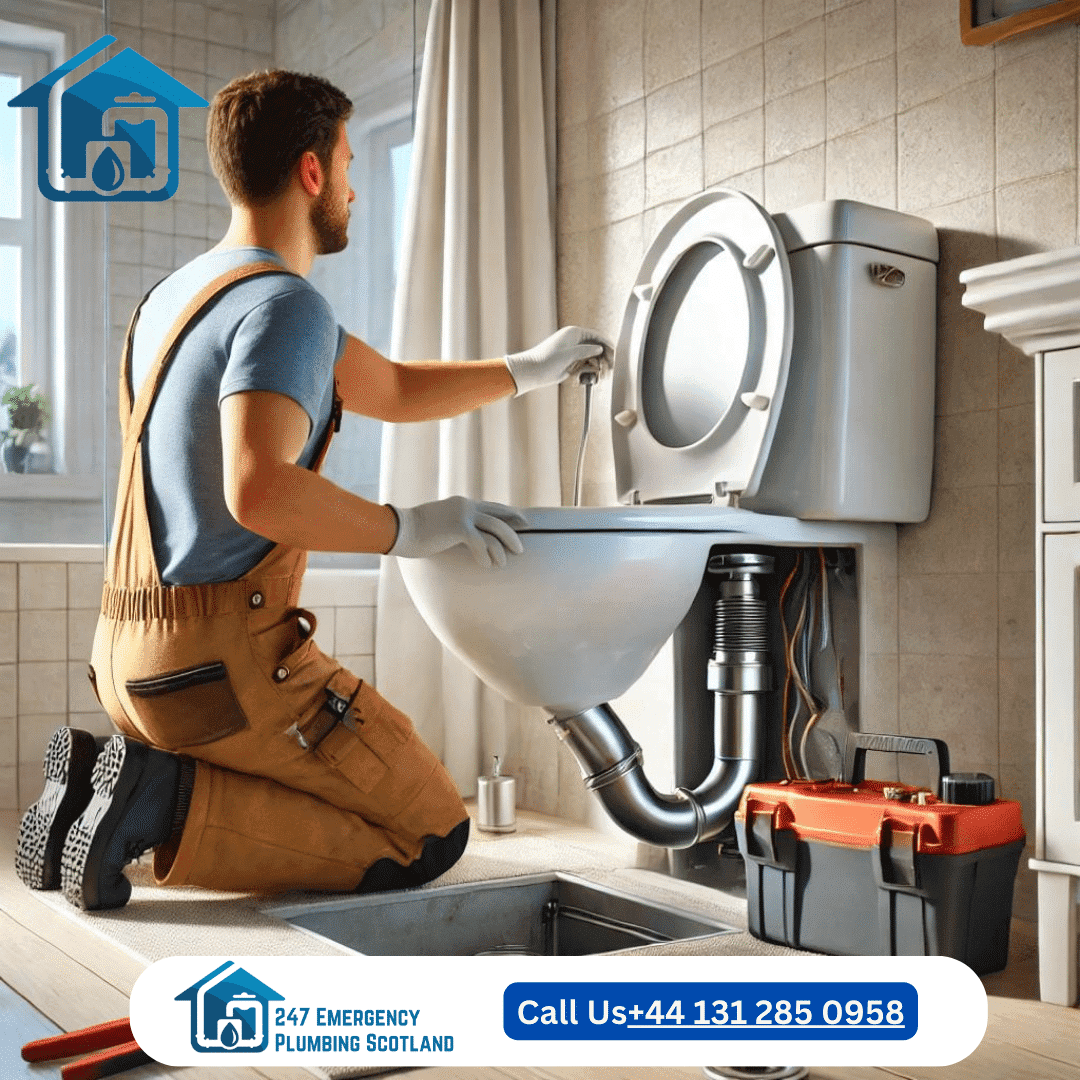
Common Issues with house drain
House drains are prone to certain problems due to usage, external factors, and material wear. Here are the most common issues:
1. Clogs and Blockages
Clogs are a common problem caused by the accumulation of debris, grease, or non-biodegradable items. Regular maintenance and proper disposal practices can prevent severe blockages. For emergency solutions, refer to our emergency plumbing services.
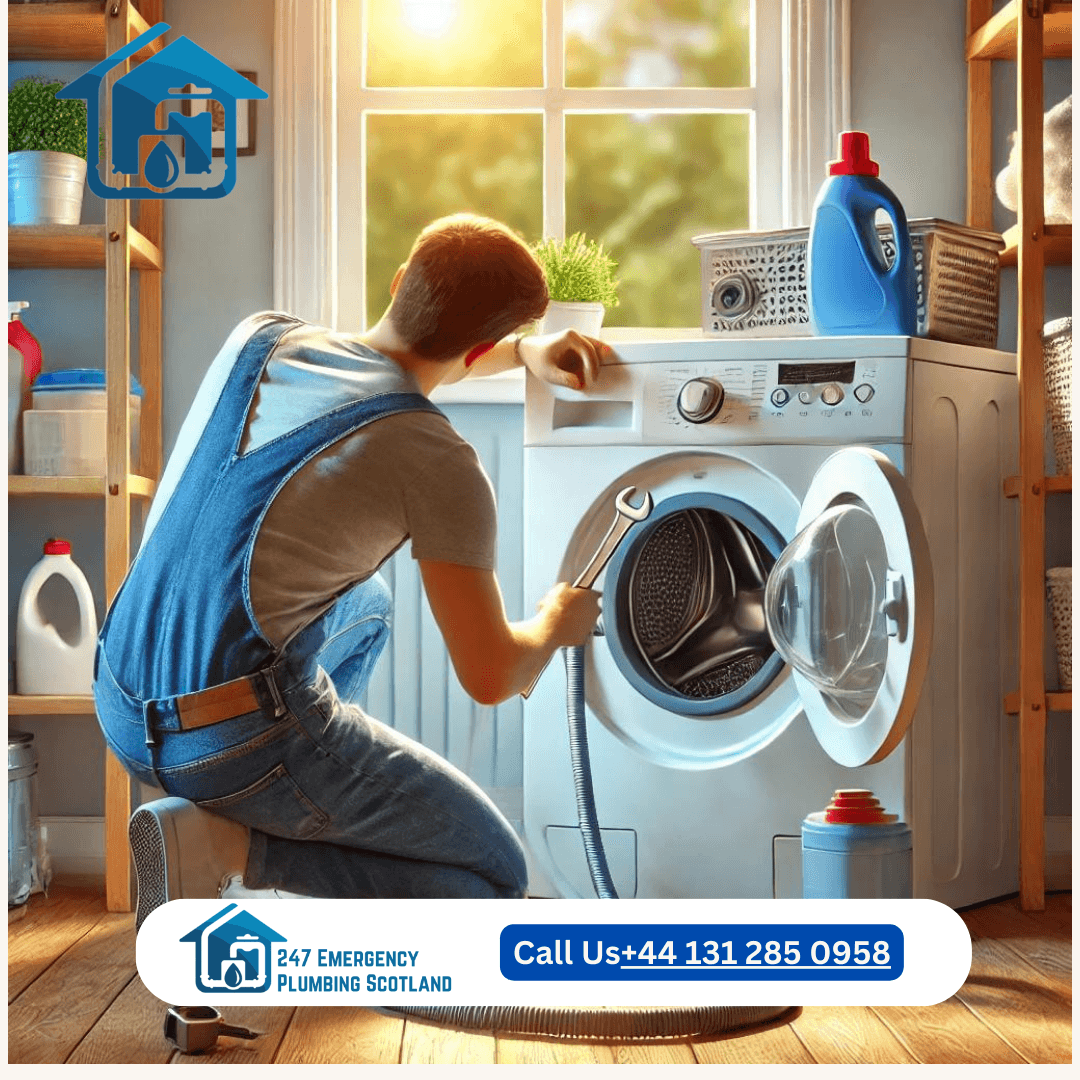
2. Tree Root Intrusion
Tree roots can penetrate underground pipes, causing cracks and blockages. Root intrusion can be particularly problematic in older homes where pipes are made of clay or other porous materials.
3. Pipe Corrosion
Older pipes, especially those made of iron, are susceptible to rust and corrosion. Over time, this can lead to leaks and reduced water flow. Replacing corroded pipes with modern materials like PVC or copper is often necessary.
4. Leaks and Cracks
Leaks in house drains can lead to water damage, mold growth, and higher water bills. If you notice any signs of leakage, it’s crucial to address the issue immediately. For expert help, explore our residential plumbing services.
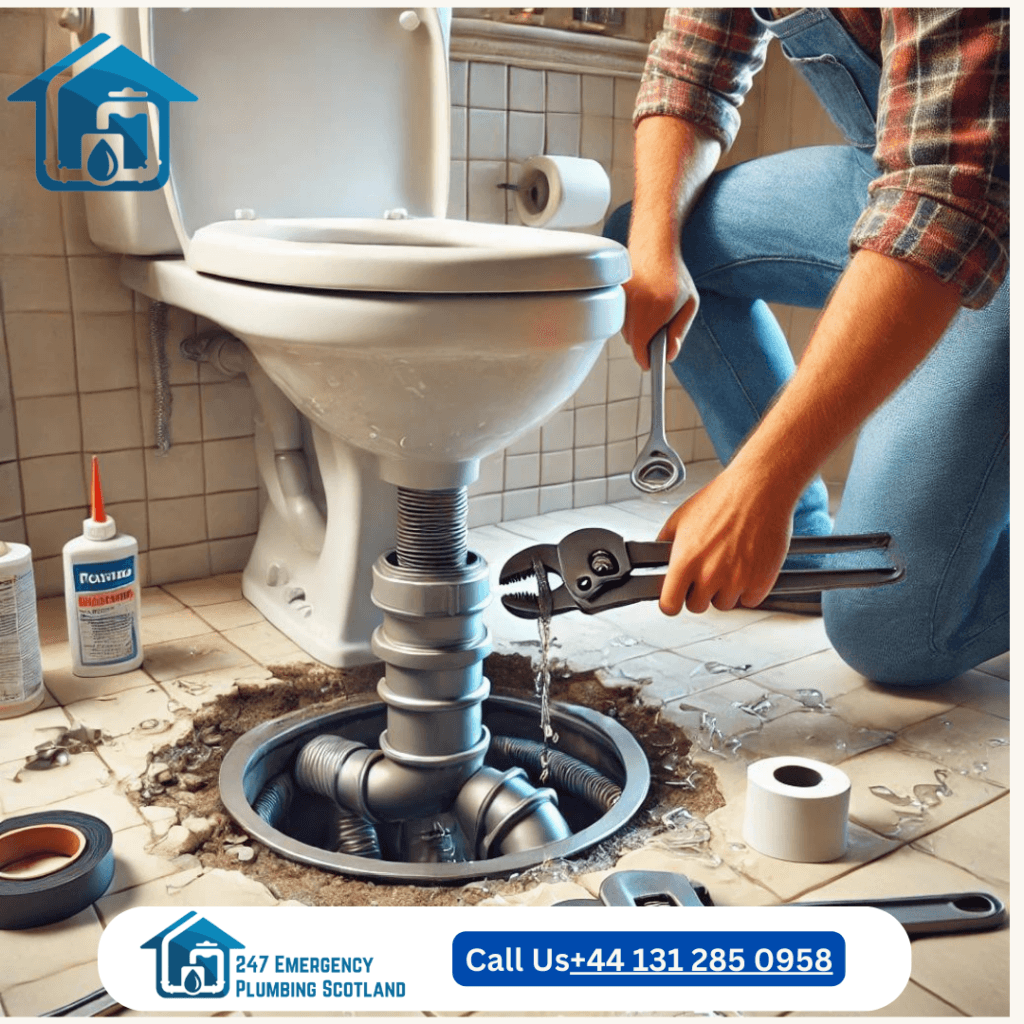
Maintenance Tips for house drain
Regular maintenance is key to extending the lifespan of your house drain and avoiding costly repairs. Here are some tips to keep your drain system in good shape:
- Routine Cleaning: Schedule periodic cleaning of your drain system to remove any buildup of debris and prevent clogs.
- Proper Disposal: Avoid flushing non-degradable items or pouring grease and oil down the drain. These can accumulate and lead to blockages.
- Inspect for Leaks: Regularly check for any signs of water leaks around your home and fix them promptly.
Signs You Need Professional Help
While some house drain issues can be resolved with DIY methods, there are times when professional intervention is necessary:
- Persistent Clogs: If clogs continue to occur despite your efforts, there might be a deeper issue within the drainage system.
- Strange Odors: Foul smells emanating from your drains could indicate a blockage or leak.
- Slow Drainage: Water taking too long to drain may signal an obstruction or pipe damage.
For persistent problems, consider consulting our drainage services or explore helpful resources on Checkatrade.
Advanced Solutions for house drain Issues
If basic maintenance and minor fixes don’t resolve the issue, advanced solutions might be required:
1. Hydro Jetting
Hydro jetting uses high-pressure water to clear stubborn blockages and buildup within pipes. This method is highly effective for extensive blockages and can be performed by professional plumbers.
2. Pipe Relining
For cracked or corroded pipes, relining is a non-invasive solution that involves inserting a new lining inside the existing pipe. This method can prolong the pipe’s lifespan without the need for complete replacement.
3. Pipe Replacement
In severe cases where pipes are extensively damaged, full pipe replacement may be necessary. This ensures a long-term solution to major plumbing issues.
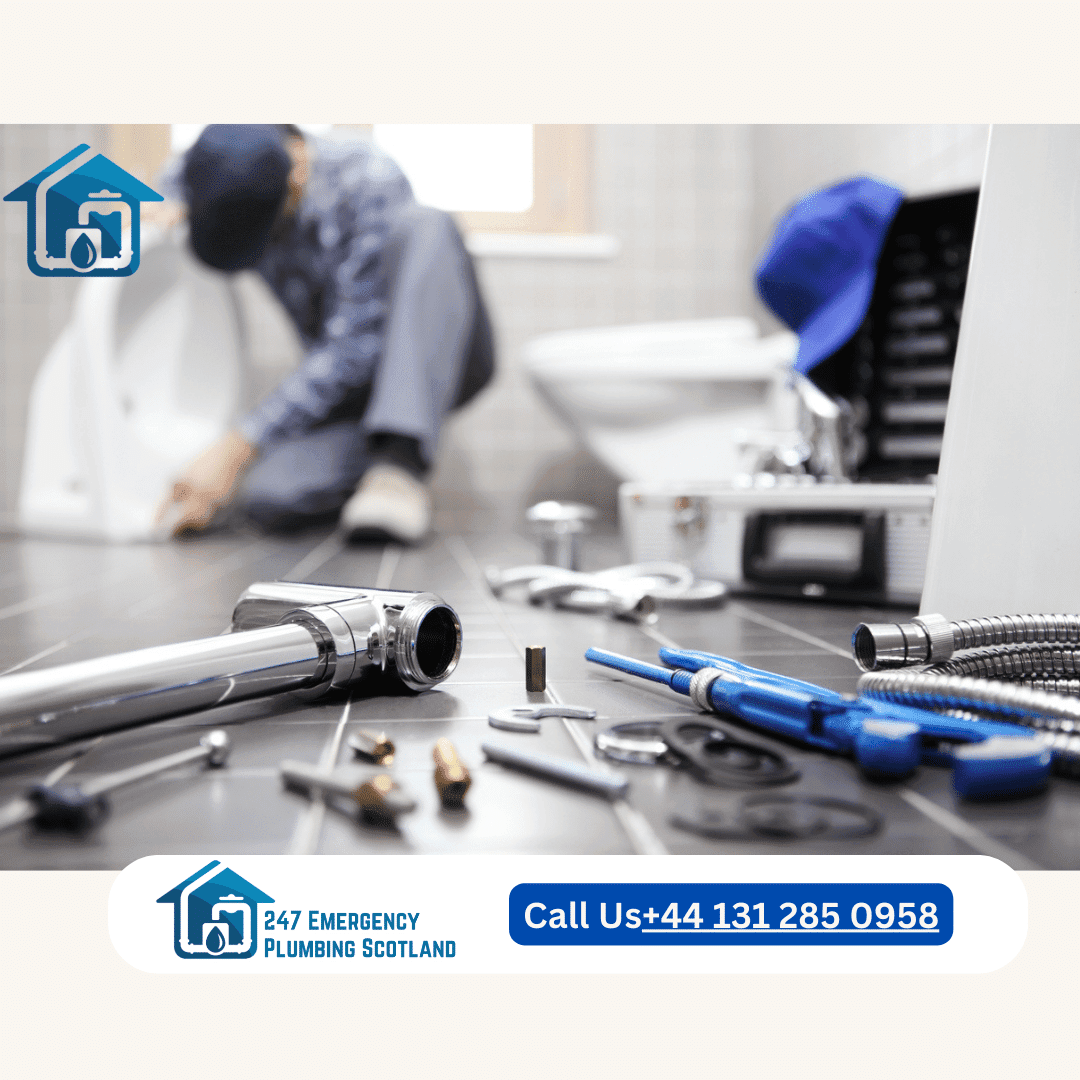
Conclusion
House drains are an integral part of a home’s plumbing system. Proper maintenance and early intervention can save you from costly repairs and potential water damage. Whether you’re dealing with a simple clog or a more complex issue like pipe corrosion, understanding how your house drain works is essential. For professional help, visit our home page or browse our commercial plumbing services for more assistance.
FAQs
How often should the house drain be cleaned?
It’s recommended to clean house drains at least once a year to prevent blockages and maintain proper water flow.
Can I use chemical drain cleaners?
While chemical drain cleaners can clear minor clogs, they may damage pipes over time. It’s safer to use natural solutions or call a professional.
What should I do if my house drain is blocked?
Try using a plunger or drain snake for minor blockages. For persistent issues, contact a professional plumber to inspect and resolve the problem.
For more plumbing tips and solutions, explore articles on wall hung toilet installation, drain cleaning services, and emergency water leak.
External Resources:


